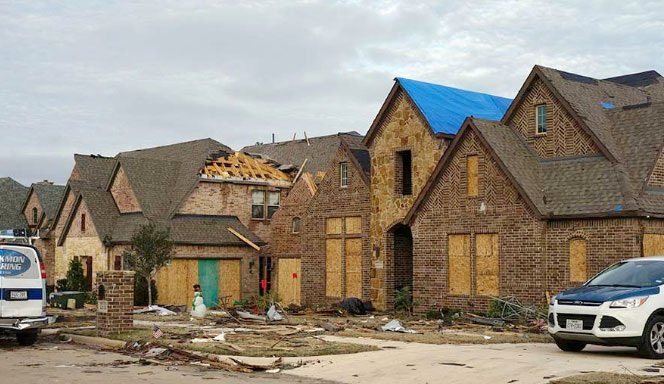There may be an astounding amount of devastation left behind after a calamity. Whether it’s a flood, fire, tornado, or other catastrophic event, the aftermath often leaves property owners feeling lost and unsure of where to begin. This is the point at which restoration businesses become essential in aiding communities in their efforts to recover and rebuild.
The Immediate Response
In the hours following a disaster, restoration companies spring into action. Their prompt action can have a big impact on reducing harm and kicking off the healing process. Here’s what typically happens:
- Emergency contact: Property owners reach out to restoration companies for help.
- Assessment: Professionals arrive on-site to evaluate the extent of the damage.
- Immediate mitigation: Actions are done, such as caulking windows or removing water, to stop more harm.
Types of Disasters Handled
Restoration companies are equipped to deal with a wide range of disasters, including:
- Floods and water damage
- Fire and smoke damage
- Storm damage
- Mold infestations
- Biohazard situations
Each type of disaster requires specific expertise and equipment to address effectively.
The Restoration Process
Water Damage Restoration
Time is the key when handling water damage. Restoration companies follow these steps:
- Water extraction
- Drying and dehumidification
- Cleaning and sanitizing
- Restoration of affected areas
Fire and Smoke Damage Restoration
Fire can cause extensive damage, not only from flames but also from smoke and soot. The process typically involves:
- Securing the property
- Removing soot and smoke damage
- Cleaning and deodorizing
- Rebuilding and restoring damaged structures
Mold Remediation
Mold can pose serious health risks and requires careful handling:
- Containment of the affected area
- Removal of mold-infested materials
- Cleaning and disinfecting
- Addressing the source of moisture to prevent future growth
Specialized Equipment and Techniques
Restoration companies use advanced equipment and techniques to restore properties efficiently:
- Industrial-strength dehumidifiers and air movers
- Thermal imaging cameras to detect hidden moisture
- HEPA filters for air purification
- Specialized cleaning agents and deodorizers
The Importance of Professional Expertise
While some property owners might be tempted to handle restoration themselves, professional expertise is invaluable for several reasons:
- Safety: Professionals are trained to handle hazardous materials and situations safely.
- Efficiency: They have the tools and knowledge to work quickly and effectively.
- Insurance navigation: Restoration companies can help with the often complex insurance claims process.
- Long-term solutions: They address not just the visible damage but also underlying issues to prevent future problems.
Working with Insurance Companies
One of the most challenging aspects of disaster recovery can be dealing with insurance claims. Restoration companies often act as liaisons between property owners and insurance providers:
- Documenting damage for claims
- Providing detailed estimates
- Explaining technical aspects to adjusters
- Ensuring fair compensation for necessary repairs
The Emotional Aspect of Restoration
Beyond the physical restoration of property, these companies often provide much-needed emotional support to disaster victims. They understand the trauma associated with losing one’s home or business and approach their work with empathy and compassion.
Choosing the Right Restoration Company
When disaster strikes, choosing the right restoration company is key. Consider these factors:
- 24/7 availability
- Certifications and training
- Local knowledge and experience
- Customer reviews and testimonials
For example, those seeking restoration companies in Atlanta should look for providers familiar with the unique challenges of the area’s climate and common disaster types.
Prevention and Preparedness
While their primary focus is on restoration, many companies also offer advice on disaster preparedness:
- Creating emergency plans
- Installing early warning systems
- Regular maintenance to prevent potential issues
The Future of Disaster Restoration
The need for restoration companies grows as climate change brings more regular and severe weather occurrences. The industry is evolving to meet these challenges:
- Adopting more sustainable restoration practices
- Utilizing artificial intelligence for faster damage assessment
- Developing new materials and techniques for more resilient rebuilding
Restoration businesses are essential to a community’s ability to recover from a tragedy. Their expertise, equipment, and compassionate approach guide property owners through the complex process of rebuilding and restoring their lives. We can more fully recognize these businesses’ contributions to community recovery and resilience in the face of hardship if we are aware of the essential services they offer.

